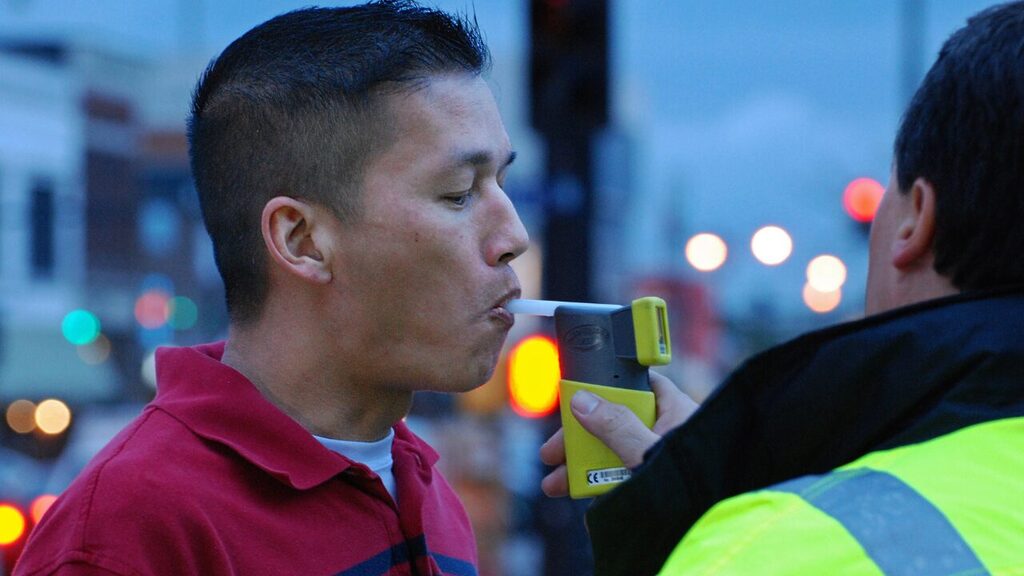Alcohol consumption is a significant public health concern, with alcohol-related deaths claiming nearly 100,000 lives annually in the United States alone. Understanding the relationship between Blood Alcohol Concentration (BAC) and the body’s response to alcohol is crucial in preventing alcohol-related fatalities. This comprehensive article delves into BAC measurements, their legal implications, the limits of the human body when consuming alcohol, the dangers of binge and excessive drinking, and how Texas Recovery Centers can provide life-saving support for those battling alcohol addiction.
Understanding BAC Measurements
We express BAC, the standard measure of alcohol intoxication, as the percentage of alcohol present in an individual’s bloodstream. For example, a BAC of 0.08% indicates that 100 milliliters of blood contain 0.08 grams of alcohol. Body weight, gender, the rate of alcohol consumption, and the presence of food in the stomach are among the several factors that influence BAC levels.
The lining of the stomach and small intestine absorbs alcohol into the bloodstream. The concentration of alcohol in the consumed beverage affects the absorption rate, with higher concentrations resulting in faster absorption. The presence of food in the stomach can slow down the absorption process, as it dilutes the alcohol and prolongs the time it takes for the alcohol to reach the small intestine.
Once alcohol enters the bloodstream, it distributes throughout the body, affecting various organs and systems. The liver metabolizes alcohol, but it can only process a limited amount at a time—roughly one standard drink per hour. When alcohol consumption exceeds this rate, BAC levels continue to rise until the body metabolizes the excess alcohol.
BAC Calculation and Legal Implications
Law enforcement agencies rely on BAC measurements to determine whether an individual is legally impaired. In Texas and all other U.S. states, it is illegal to operate a vehicle with a BAC of 0.08% or higher. However, it is essential to note that even lower BAC levels can lead to impaired judgment, decreased coordination, and slower reaction times, making it dangerous to drive under the influence of any amount of alcohol.
Law enforcement officers employ several methods, including breath, blood, and urine tests, to calculate BAC. They most widely use breathalyzers, as these tools offer immediate results and are less invasive than blood tests. These devices measure the concentration of alcohol in an individual’s breath, which they then use to estimate the BAC. While blood tests are more accurate, law enforcement officers typically reserve them for confirming breathalyzer results or in cases involving accidents or fatalities.
In legal situations, BAC measurements are a critical factor in determining culpability and sentencing for alcohol-related offenses, such as driving under the influence (DUI) or public intoxication. Higher BAC levels generally result in more severe penalties, which may include substantial fines, license suspension, mandatory substance abuse treatment, and even imprisonment.
The Limits of the Human Body
While the legal limit for driving in the United States is 0.08%, the human body can reach significantly higher BAC levels before succumbing to alcohol poisoning. However, the highest BAC ever recorded before death—an astonishing 1.480% in a case involving a 28-year-old Polish man—is an extreme outlier. Most individuals will experience life-threatening symptoms at much lower levels.
As BAC increases, so does the risk of severe impairment and potentially fatal consequences. At BAC levels between 0.31% and 0.45%, the likelihood of death rises dramatically due to the suppression of vital life functions. Respiratory failure, coma, and cardiac arrest are among the most common causes of death at these levels. It is crucial to recognize that even lower BAC levels can prove fatal, particularly when alcohol is combined with other substances or when an individual has pre-existing medical conditions.
The body’s response to alcohol varies from person to person, depending on factors such as tolerance, genetics, and overall health. Chronic heavy drinkers may develop a higher tolerance for alcohol, requiring more significant quantities to reach the same level of intoxication as someone with lower tolerance. However, this increased tolerance does not protect against the long-term health consequences of excessive alcohol consumption, such as liver disease, cardiovascular problems, and certain cancers.
Binge and Excessive Drinking
Binge drinking and excessive alcohol consumption are major contributors to alcohol-related deaths and health issues. Binge drinking is defined as consuming five or more drinks for men or four or more drinks for women within a two-hour period. This dangerous pattern of alcohol consumption can quickly elevate BAC to hazardous levels, increasing the risk of alcohol poisoning, accidents, and other adverse outcomes.
Excessive drinking encompasses both binge drinking and heavy drinking, which is defined as consuming 15 or more drinks per week for men or eight or more drinks per week for women. Engaging in excessive drinking not only puts individuals at risk for immediate harm but also increases the likelihood of developing chronic health conditions and alcohol dependence.
The consequences of binge and excessive drinking extend beyond the individual, affecting families, communities, and society as a whole. Alcohol-related accidents, violence, and crime place a significant burden on healthcare systems and law enforcement agencies. Moreover, the economic costs associated with lost productivity, healthcare expenses, and legal issues are substantial.
Seeking Help at Texas Recovery Centers
Recognizing the need for professional help is a critical step in overcoming alcohol addiction. Texas Recovery Centers offer comprehensive, evidence-based treatment programs designed to address the complex physical, psychological, and social aspects of addiction. Our team of experienced healthcare professionals is dedicated to providing personalized care in a supportive, non-judgmental environment.
At Texas Recovery Centers, we understand that each individual’s journey to recovery is unique. Our treatment approach combines proven therapies, such as cognitive-behavioral therapy (CBT), motivational interviewing, and group therapy, with holistic practices like mindfulness and stress management. By addressing the underlying causes of addiction and equipping individuals with the tools and skills necessary to maintain sobriety, we aim to foster long-term recovery and improved overall well-being.
Our continuum of care includes medically supervised detoxification, inpatient and outpatient treatment programs, and aftercare planning. We work closely with each client to develop a customized treatment plan that reflects their specific needs, goals, and circumstances. Our multidisciplinary team, consisting of physicians, nurses, therapists, and support staff, collaborates to ensure that every aspect of an individual’s recovery is addressed.
In addition to our clinical services, Texas Recovery Centers offer a range of amenities and resources to support the recovery process. Our facilities provide a safe, comfortable, and nurturing environment conducive to healing and personal growth. We also recognize the importance of family involvement in the recovery journey and offer family therapy and education programs to help rebuild relationships and create a strong support network.
Get Help Today
If you or someone you love is struggling with alcohol addiction, don’t hesitate to reach out for help. Texas Recovery Centers are here to guide you on the path to recovery. Call us at 888-354-2194 to speak with a compassionate admissions specialist who can answer your questions and provide information about our programs. We are available 24/7 to ensure that you receive the support you need when you need it most.












